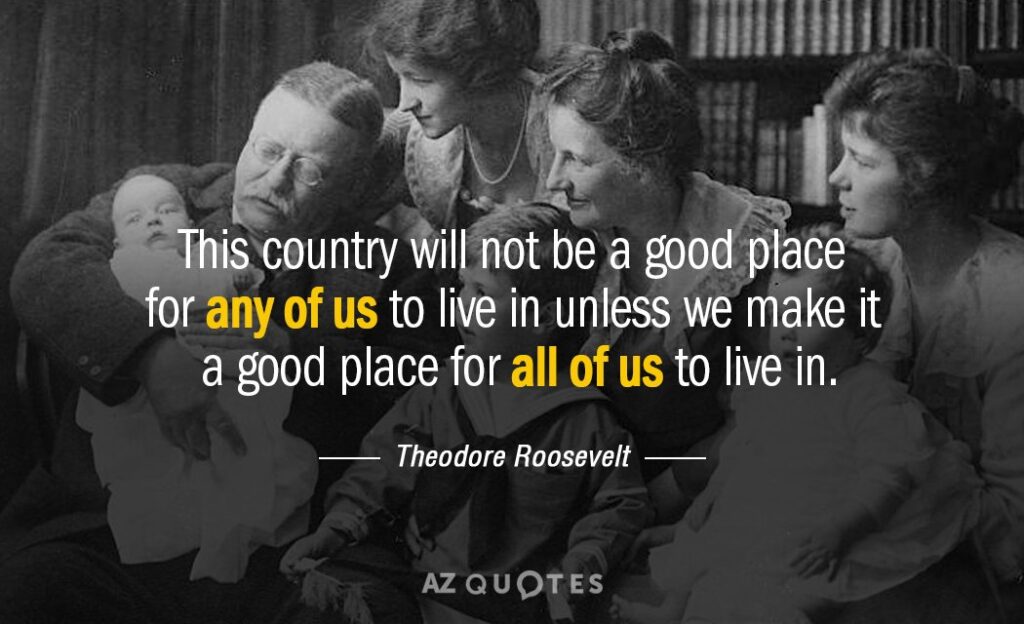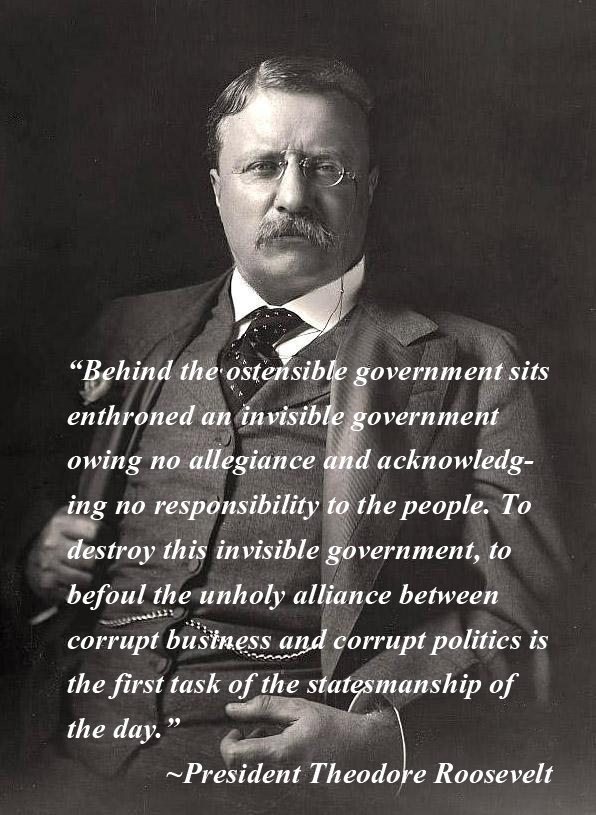America has faced and conquered crises over its history that have destroyed lesser nations. The common cause of these crises was the concentration of power in an elite whose outsized privileges threatened our democracy. Whether it was British colonialism or the “Slave Power” of southern aristocracy, the key to its durability has been our confidence in the morality of our fundamental ideals and commitment to spreading opportunity to all Americans. This commitment never was implemented in a straight line and many Americans were left out for too long, but we always had the confidence that we would eventually prevail.
The US now stands at another hinge in its history more threatening than any foreign adversary. At a time when autocratic powers like China and Russia are confident to the point of recklessness, the American people are mired in doubt and anger about the future of the nation. You see it in statistics like the decline in the percentage of Americans who are proud of their country or the two-thirds of Americans who say the country is on the wrong track. Statistics, however, cannot truly convey many American’s deep and boiling anger. It shows in songs like Oliver Anthony’s “Rich Men North of Richmond” or hip-hop protest songs about “DemoCrips and ReBloodlicans”. These anthems come from dramatically different sources but express the same sense of betrayal. They cry out against a hypocritical government and economy preaches opportunity but makes it impossible to achieve.
Theodore Roosevelt never forgot that he became President because of an anarchist’s bullet during a similar period of economic inequality and protest. Criticized as a radical because of his progressive ideals, he always insisted that they were intended to preserve the legitimacy of American free enterprise against more radical and dangerous policies. TR knew that America could not be strong unless the American people were strong, and Americans could only be strong if they saw a better future for their children. If we are to survive as a beacon of democracy, we must have courage to confront and conquer the current crisis in the American spirit. We start by looking back and determining how we lost our sense of American community and shared commitment.
Next – The Confrontation with the Concept of limits



